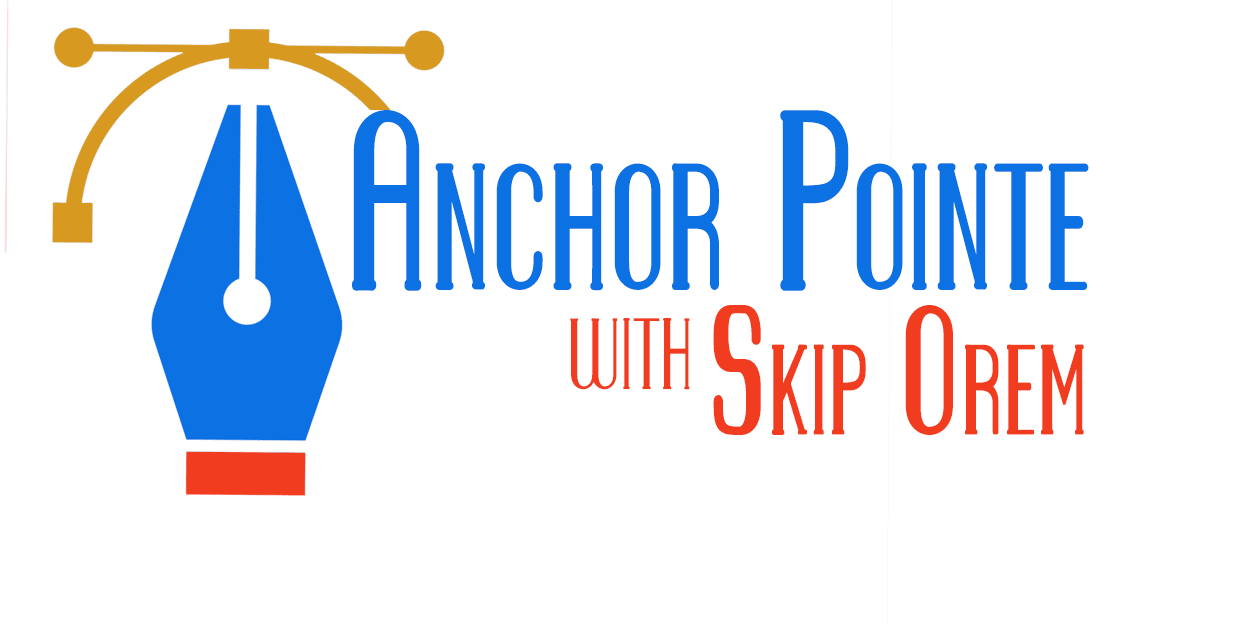AUDIO BURST – Web Radio Today
Burst 10.1 06.19.20
My Dad’s Story
AUDIO BURST 10.1 June 19 2020
TRANSCRIPT
10.1 BURST 06.19.20 TRANSCRIPT
(00:00):
For some reason, this Father’s Day more than others I’ve been thinking a lot about my dad. Perhaps this cancer battle that I fought earlier this year, maybe that’s what’s making me think more about my dad than I normally would on Father’s Day. You see, I didn’t know my dad real well. He died when I was a little boy, eight years old. The doctors at that time, their thought was that maybe the Scarlet fever that he had as a child contributed to his very sudden death at the age of 28. I have only a few memories of him. My brother, he was not even two years old when my father died so most of our memories of him, our knowledge of him, they came from stories my grandfather, and especially my grandmother would tell us, I remember how sad they were at the time, but I can’t even imagine what they must have been feeling.
(01:23):
They were just barely in their 50s and here they were losing their only son suddenly, not too many years after he came back from the war. I knew that my dad was in the Navy during World War Two, I knew he was on a ship which was destroyed by Japanese kamikaze planes in the South Pacific. But I didn’t know the details of what he went through. When my grandmother died, one of the things that she left behind was a handkerchief that my dad had in his pocket while he was trying to survive in the waters of the Pacific, fending off sharks and Japanese air fire after his ship was destroyed out there in the cold December waters of the Pacific with some of the other men who had survived the initial attack, fighting off not only Japanese guns that continued to attack them but sharks in the water, trying to keep each other alive until they could be rescued by the other ships in the convoy.
(02:43):
His ship was the USS Reid. During the Reid’s final two weeks in the water, they’d been attacked every day by some pretty heavy Japanese firepower. They were in constant combat, able to sleep only one or two hours a night in shifts. The men on that ship, they fought hard and we’re tired during that long two week period of combat. And then, during that ship’s final night, December 11th, 1944, the Reid, the men on the ship, they were attacked by seven Japanese suicide kamikaze planes. The ship, the USS Reid, was mortally wounded. It rolled over violently and sunk. That kamikaze attack, the sinking of the ship, it was over in less than two minutes. 103 heroes, U.S. Sailors, died. The survivors, which included my dad, they were out there in the water. They were continually being strafed by Japanese planes and not only were they under attack by the planes but they were also under attack by and fighting off sharks. They were out there in that water helping each other to stay alive until they could be rescued.
(04:38):
I was never told that story. I suspect my dad never told the full story to either my grandmother or my grandfather. Those World War Two guys were the strong and silent type. God bless them all. Almost 50 years after the stinking of the Reid, there were some audio recordings made from interviews of the survivors that were still alive at the time. And it’s from those interviews that I was able to understand what my dad had experienced during those two weeks that Winter in 1944. This Sunday night, on Father’s Day, when I break out a bourbon on the rocks, the first time, the first drink I’ve had since my cancer surgery in March, before I take that first sip, I will be toasting my father. From all of us who really never had the chance to know you, Dad, here’s to you, Joseph Charles Orem. Happy Father’s Day. Thank you for your service.
